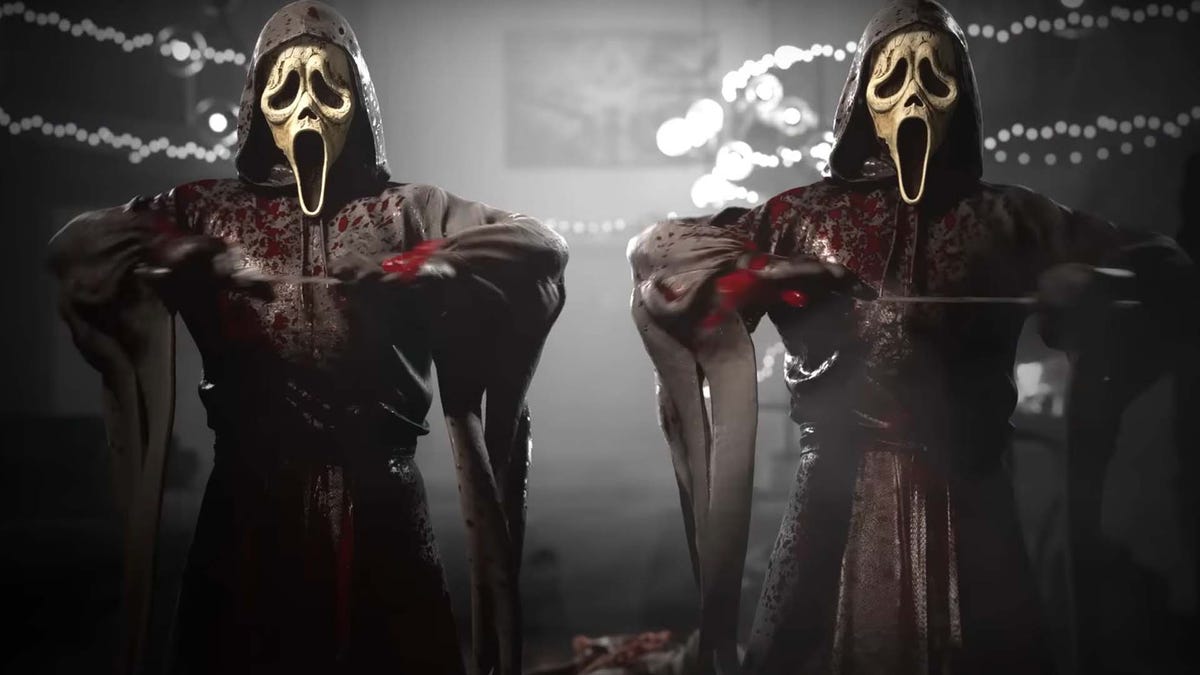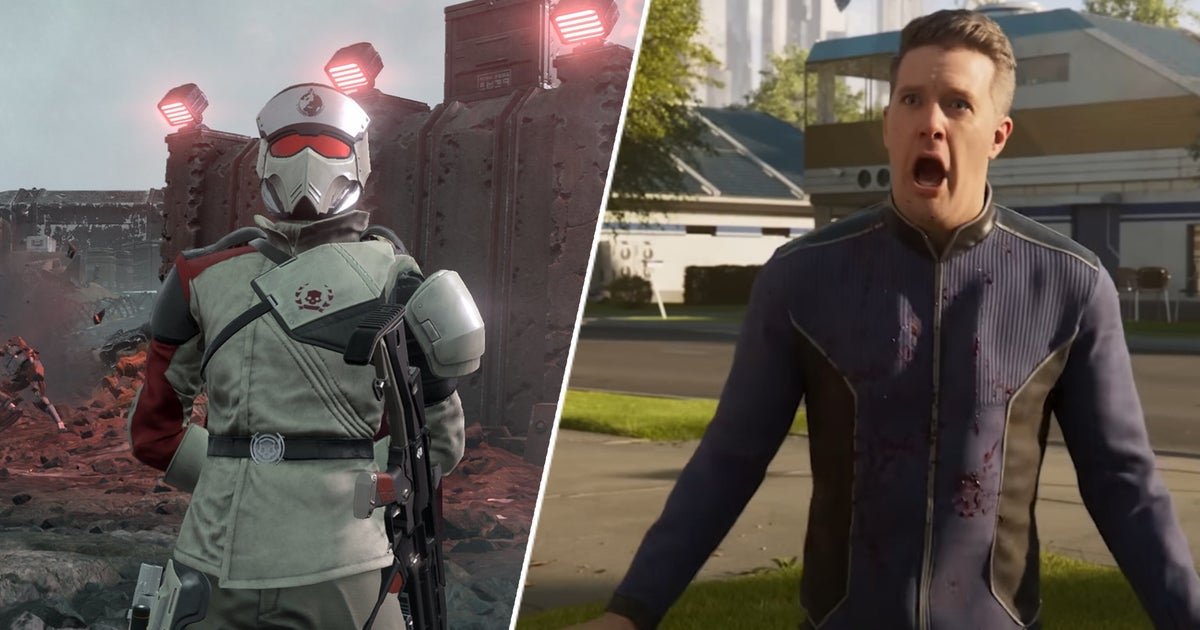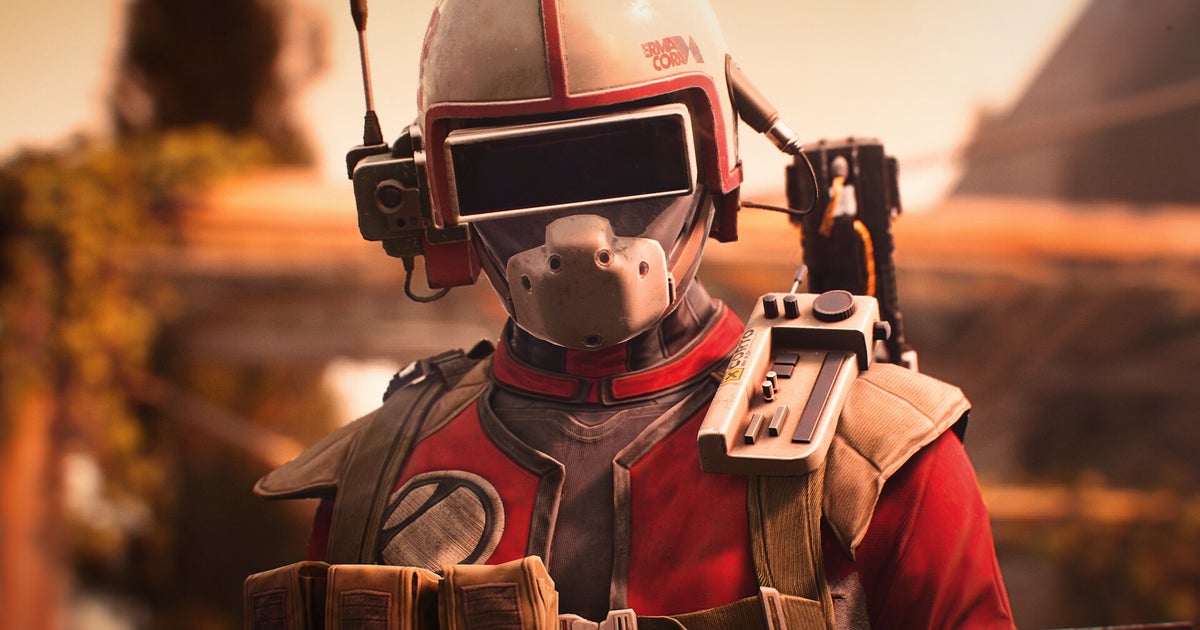It has become something of a tradition for me to look forward to the next release from Wales Interactive. The studio is one of the few still exploring the FMV space and makes its games far more original compared to other projects on the market. While I’ve enjoyed his recent titles like Bloodshore and Ten Dates, I have to say that his latest project, Mia and the Dragon Princess, leaves a lot to be desired in certain aspects.
The story revolves around the protagonist, a waitress named Mia, whose life becomes chaotic after meeting a strange woman who is being pursued by the police. As the story progresses, it is discovered that the woman is a 17th-century Southeast Asian pirate who was frozen in time after her ship sank in the Arctic, and that she is connected to a historical mystery involving the descendants of a legendary pirate who now runs a seedy bar in London.
Not to mention that there are many elements in the production that Mia and the Dragon Princess doesn’t develop in depth. The story and mystery aren’t flashy enough as there just isn’t time to play them well. The narrative moves from scene to scene with no opportunity to digest or understand what happened. The same goes for the characters: none are particularly compelling as they don’t explain anything about them or their motivations. In addition, since the frozen pirate does not speak English, there is a language barrier that the game cannot handle at all.
Advertising:
The main problem with “Mia and the Dragon Princess” lies in its script. Unlike other much simpler Wales Interactive titles that stand out for their branching narrative, this game tries to do too many things at once, preventing any part of it from being fully developed. The profusion of characters and intertwining storylines can encourage experimentation with different storylines and choosing different answers with each playthrough, but the story is told so ineffectively from the start that the wide range of options undermines the underlying issues, that the game represents is not rewarded.
As for the narrative, the options available to advance the story are fairly limited and repetitive throughout the game. Although the protagonist Mia has traits that chronicle how she treats the people she meets in the game, the choices offered often boil down to being “assertive” or “nice,” which doesn’t significantly contribute to a system of branching and commitment to create dialogue. It would be far more exciting to have more options to solve the ancient mysteries that the characters encounter throughout the story than just having to decide whether or not to unclog a toilet.
Advertising:
The voice acting isn’t remarkable either, as although Paul McGann tries to take his dialogues to a new level with a thoughtful and listless portrayal as the game’s main antagonist, the rest of the cast have a hard time bringing their characters to life. However, the fight scenes are well choreographed and you can tell that a lot of time went into the planning and production.
Also, the game has some fairly rare performance issues that cause the audio to drop out while a decision is being made. The transitions between scenes are very poorly polished and negatively impact story immersion as they appear
like unexpected abrupt cuts. At times, Mia and the Dragon Princess feels more like a film produced by the trainees than a game from a studio that has released many FMV productions.
Personally, considering all of this, I think it’s hard to rank Mia and the Dragon Princess as one of the best works Wales Interactive has released. Compared to Ten Dates, which is much simpler and better made, this game seems to have taken a step in the wrong direction in many ways. If the game had fewer elements and a more coherent storyline it might have been more exciting, but as it stands now it’s hard to find many positives about it.








